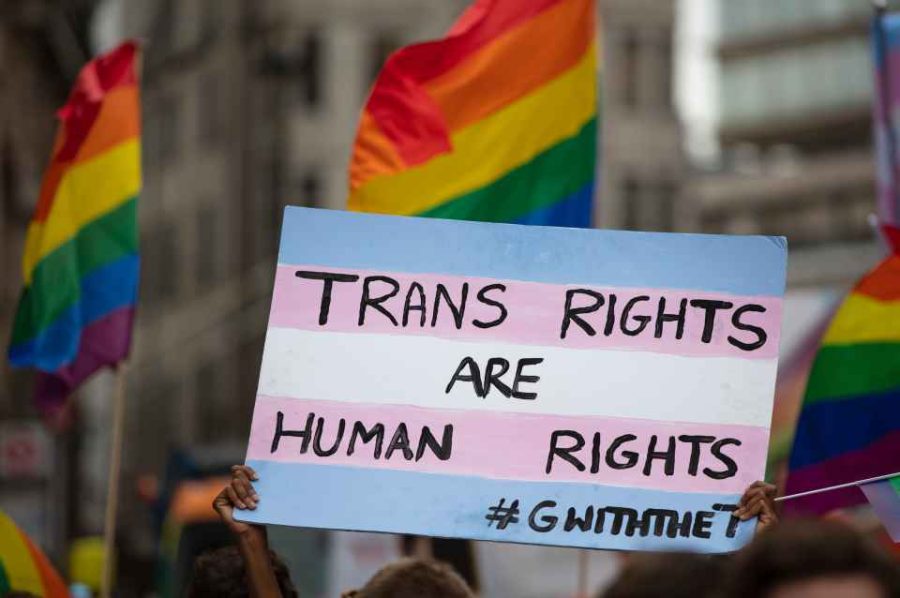Tennessee ban against human rights
State tries to criminalize trans community
Photo courtesy: ACLU of Georgia – Discrimination against trans people has been going on for awhile. Angel from FX’s ‘Pose’, taken place during the 70s/80s AIDS crisis, shares her experience of what it’s like to be a transgender woman: “Everything I can’t have in this world is because of that thing down there. If you wanna see who I am, that’s the last place you should look.”
March 15, 2023
Only a few months into 2023, Tennessee’s legislature has already written a sleuth of transphobic bills to add to their already lengthy repertoire – about 150, according to the Human Rights Campaign – and Gov. Bill Lee has expressed his support for them.
One of these bills, Senate Bill 3, is a direct attack on drag performers, and their businesses, especially in a place like Nashville. This bill has the power to criminalize cabaret performers, topless dancers, strippers and male or female “impersonators” in public spaces.
While I agree with protecting children from adult entertainment, one of these things is not like the other. Anyone who has been to a drag performance or drag parade can attest that they’re family-friendly, with the exception of some bars where no one under 21 can enter anyway.
Drag queens and transgender individuals do not belong in the “sexual performer” category and do not deserve to be persecuted as such.
Not only will this do a lot of damage to drag performers who rely on public drag shows for a living, but it could also target drag queens and trans individuals who are just trying to exist. The bill also has the power to persecute these individuals “regardless of whether or not performed for consideration.” It’s possible a transgender person just walking around, living life, could become a criminal under Tennessee law.

Another of these bills, Senate Bill 1, is even more upsetting. It will ban gender-affirming care such as puberty blockers and hormone therapy, as well as non-permanent gender affirming methods, such as dressing as the gender someone identifies as.
As if this isn’t bad enough, the bill also has the power to force transgender individuals undergoing therapy in the state to cease treatment.
According to the HRC, gender affirming care is “age-appropriate care that is medically necessary for the well-being of many transgender and non-binary people who experience symptoms of gender dysphoria or distress that results from having one’s gender identity not match their sex assigned at birth.”
The effects of neglecting this kind of health care, include depression, lack of confidence or sense of self and thoughts of suicide and self-harm. Suicide is already leading cause of death among trans youths — I don’t even want to imagine how this will affect that statistic.
Depriving people of their health care is inhumane, yet it’s not guarded with the same ferocity as we do with gun laws. Even more, this entire bill is an incredible invasion of privacy, something that we Americans claim to care a lot about.
I support sexuality– and gender-related rights and issues equally, but a certain subset of Republicans lump transgender and gay individuals together for all the wrong reasons.
Despite separation of church and state, there’s obviously an ulterior motive to all of this, one that claims to be Christian, but is really just the opposite. God created man in His image, and he makes no mistakes. He preaches love, light and union — everything these bills will deprive of others. If these bills pass without legal consequences, similar laws will likely only become more common in Southern states.
All of this may seem overwhelming, but we are not powerless. Sign petitions, call your legislators or donate to The Trevor Project, an organization that helps to advocate against anti-LGBTQ laws.














